
By Edwin S. Kwame KOGE
African politics has never lacked drama. From the recycled promises of politicians to the ritual of vote buying, governance often plays out like a stage show. Enter Kevinblak (Kevin Chinedu Arua), a Nigerian comedian and content creator whose skits, especially his recurring character Governor Amuneke, have become a digital phenomenon.
Kevinblak’s satire thrives not in traditional media or theatre, but across Facebook, TikTok, Instagram and YouTube, where his short, witty sketches are shared virally and endlessly remixed. His infamous line – “Now let’s see the edit” – has become a reminder that what citizens often consume from politicians is not the truth but a polished version of it.
The Nigerian Mirror, the African reflection
In Kevinblak’s satires, Governor Amuneke is cast as a Nigerian politician, but his mannerisms are painfully familiar across the continent. He buys votes with peanuts. He spins failure into progress. He inaugurates half-finished projects with full-blown fanfare. He is both clown and villain, and every African can point to an “Amuneke” in their own backyard.
From Zimbabwe’s stage-managed elections to Kenya’s ethnicised politics, and from Uganda’s term-limit gymnastics to South Africa’s state capture saga, Amuneke could be any of our leaders. That universality is Kevinblak’s genius. He doesn’t need to call names. The shoe fits too many.
Ghana’s Fourth Republic: Amuneke in Kente cloth
Ghana is often hailed as a model of democracy. Since 1992, the Fourth Republic has held regular, relatively peaceful elections. Power has changed hands between the National Democratic Congress (NDC) and the New Patriotic Party (NPP). On paper, it is a success story. But scratch the surface, and the Amuneke script plays out. In 2000, Ghanaians were promised a “Golden Age of Business.”
In 2012, industrialisation was packaged under “Transformational Agenda.” In 2016, “One District, One Factory” was a rallying cry. Yet factories still limp, youth unemployment still bites and traders still struggle. The glossy campaign videos were the “edit.” The daily struggles of citizens are the raw footage. It’s no secret that during elections, money, rice, cooking oil, even “waakye packs” are shared among electorates.
In one instance, when a sitting Member of Parliament (MP) was caught on camera distributing outboard motors to fishermen in exchange for loyalty, it felt straight out of Kevinblak’s script.
Recall the embarrassing brawl in Parliament during the 2021 Speakership vote where honourable MPs traded punches on live TV and could not account for 275 votes. Instead of sober deliberations, our legislature often delivers political theatre worthy of Amuneke’s stage. So yes, Ghana is stable. But stability is not the same as transformation. Stability without delivery risks becoming a stagnant edit of democracy, and this, we must avoid at any cost.
Citizens in the frame, why satire works
Kevinblak’s brilliance is that he doesn’t just lampoon politicians. He puts the people in the frame too. His skits ask uncomfortable questions: Why do citizens trade their future for rice and cloth?
Why do electorates keep voting the same actors into office, expecting different results? Why do people laugh at corruption and incompetence, but defend “their party” when challenged? In Ghana, this rings loudly. We often hear “me y? NPPni” or “NDC tor menye”, elevating party identity above accountability. Elections are about “our turn” rather than “our future.”
When scandals break, whether it is the infamous “Cash-for-Seat” saga, or the PDS power deal gone bad, or the endless stories of procurement breaches under various Ghanaian Governments in the Fourth Republic, citizens may rage; but partisanship quickly mutes outrage. Satire forces us to see that this cycle is not funny; rather, it is fatal as explicitly portrayed by Governor Amuneke in the Kevinblak skits.
What makes Governor Amuneke powerful is not just comedy. It’s communication. A two-minute Facebook skit reaches more people than a 200-page policy paper. Humour lowers defenses. People share it, laugh and in that laughter confront truths they might otherwise avoid.
For a continent where political language is often wrapped in jargon, satire cuts through. It is civic education in its rawest, most democratic form. Ghana has its own history of satirical critique from Kwesi Brew’s biting poems under Nkrumah, or KSM’s comedy sketches lampooning political hypocrisy, but Kevinblak shows how digital platforms magnify impact. This is satire for the Gen Z, satire that doubles as political literacy.
Lessons from Amuneke for Africa
Governments are masters of spin. Remember the fanfare around “Year of Roads”? Citizens must look beyond ribbon-cuttings and ceremonial sod-cuttings to the actual asphalt laid. A bag of rice, a cedi note, a free T-shirt are the cheapest tickets to long-term poverty. When a future worth billion is traded for crumbs, citizens lose twice: first their vote, then their dignity. Politicians thrive on citizens’ short memory.
From “Dumsor” to unfulfilled promises of job creation, Ghana has a long catalogue of disappointments. Satire keeps failures in public consciousness. We must remember the unedited truth. Laughter punctures propaganda. Think of how quickly Ghanaians remix political gaffes into memes. Whether a minister’s slip of tongue or a President’s awkward moment. It doesn’t topple governments, but it erodes their invincibility. That’s the seed of accountability.
Ghana in the continental puzzle
Ghana’s democracy has delivered stability. That is no small achievement. But satire reminds us that stability is not enough. Corruption scandals keep surfacing, from the Woyome judgment debt to recent procurement breaches in health sector spending.
Youth frustration simmers, expressed in protests like #FixTheCountry, echoing the frustrations that fuel movements across Nigeria, Sudan and South Africa. Polarisation consumes public debate, with “NDC vs NPP” drowning out sober policy dialogue. These are the same struggles Amuneke captures. Ghana’s Fourth Republic is not immune from the continental curse of polished optics masking unfinished business.
From satire to solutions
Satire alone cannot change governance. It provokes, but it does not legislate. Still, it can inspire action. Africa must move from laughter to responsibility. Strengthen independent institutions. Anti-corruption bodies must be watchdogs, not lapdogs. Expand civic education. Use creative, relatable methods, not dry textbooks.
Ensure policy continuity. Programmes should not collapse just because power changes hands. Empower the youth – digital natives must carry their political awareness from social media into civic activism and leadership. Kevinblak gives us the mirror. It is up to us to fix what we see.
Beyond the edit
“Now let’s see the edit.” A punchline, but also a warning. Africa cannot keep living on edited versions of governance. The raw footage, thus, unemployment, corruption, mismanagement is too stark to ignore. Kevinblak’s Governor Amuneke makes us laugh, but also forces us to admit a painful truth: misgovernance in Africa is both absurd and dangerous.
For Ghana, three decades into the Fourth Republic, the challenge is clear. Stability is not enough. The promise of democracy must be matched by delivery. Satire has shown us the joke. It is now the duty of citizens, not comedians, to rewrite the script.
>>>the writer has strong expertise in Public Relations, International Affairs and Public Engagement across government, corporate and non-profit sectors. He is skilled in developing communication strategies that strengthen reputation, build public trust and shape policy, and experienced in managing PR campaigns and political communication with proven ability to align communication with organisational goals to drive growth. He holds an MPhil in Strategic Public Relations Management, an MA in International Affairs, a BA and Diploma in Communication Studies, and a Training Certificate in Information Technology. Professional experience includes roles as a Research Assistant at Parliament of Ghana, Administrative Assistant with PR duties at Ho Technical University, and Senior High School English and ICT teacher. A passionate advocate of United Nation’s Sustainable Development Goals 3, 4 and 13 with research interests in standards, ethics, transparency and accountability in Public Relations practice in Africa; Africa’s climate politics and the global positioning of Africa in political and governance systems. He can be reached via [email protected] | www.linkedin.com/in/edwinsarkoge
The post Governor Amuneke in Kente: Africa’s misgovernance through a comic lens appeared first on The Business & Financial Times.
Read Full Story
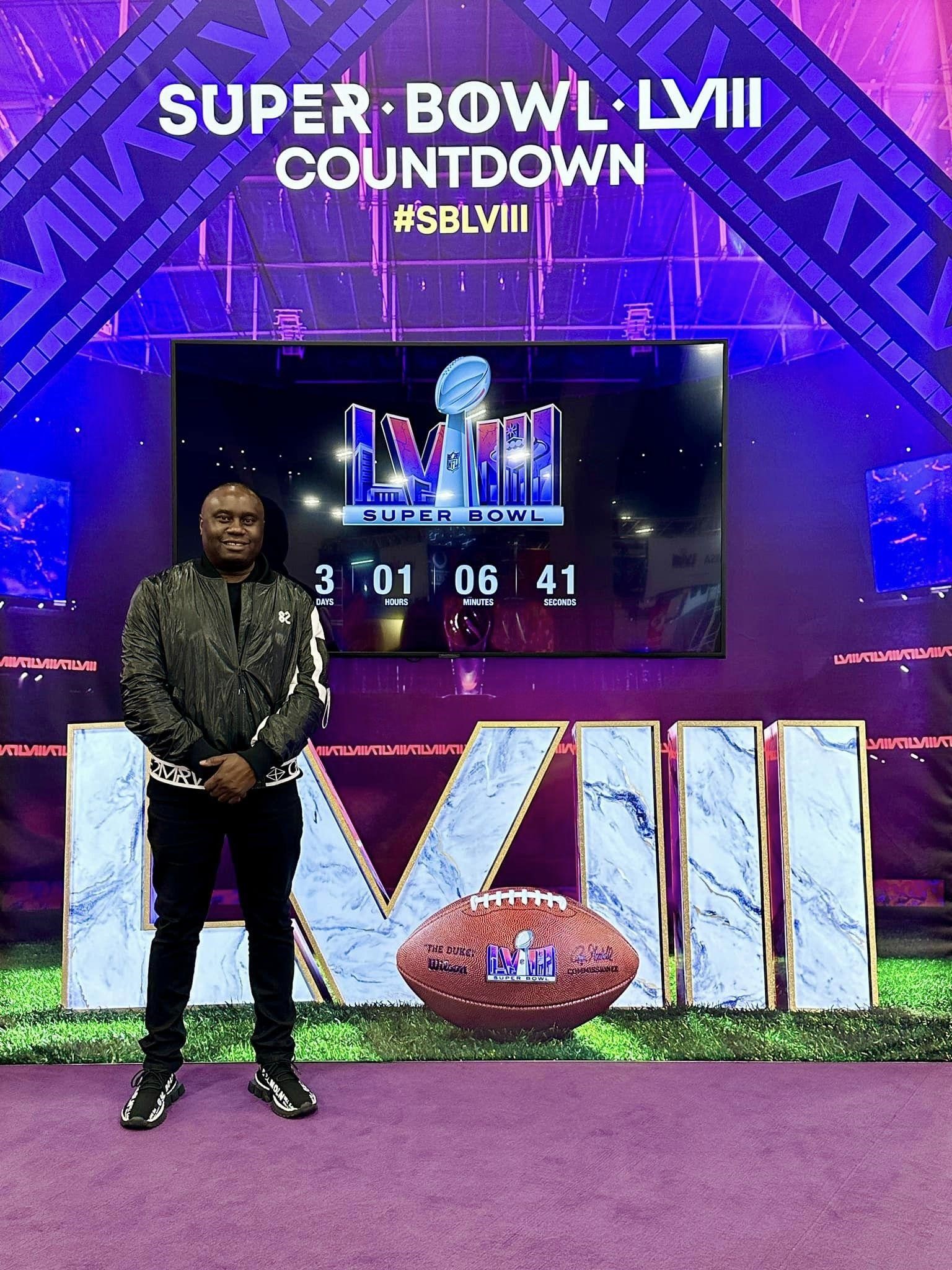
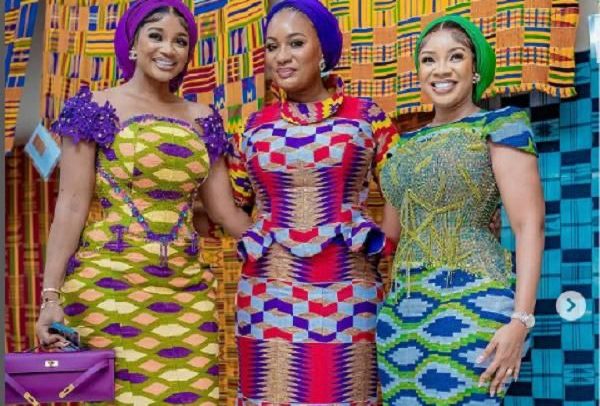

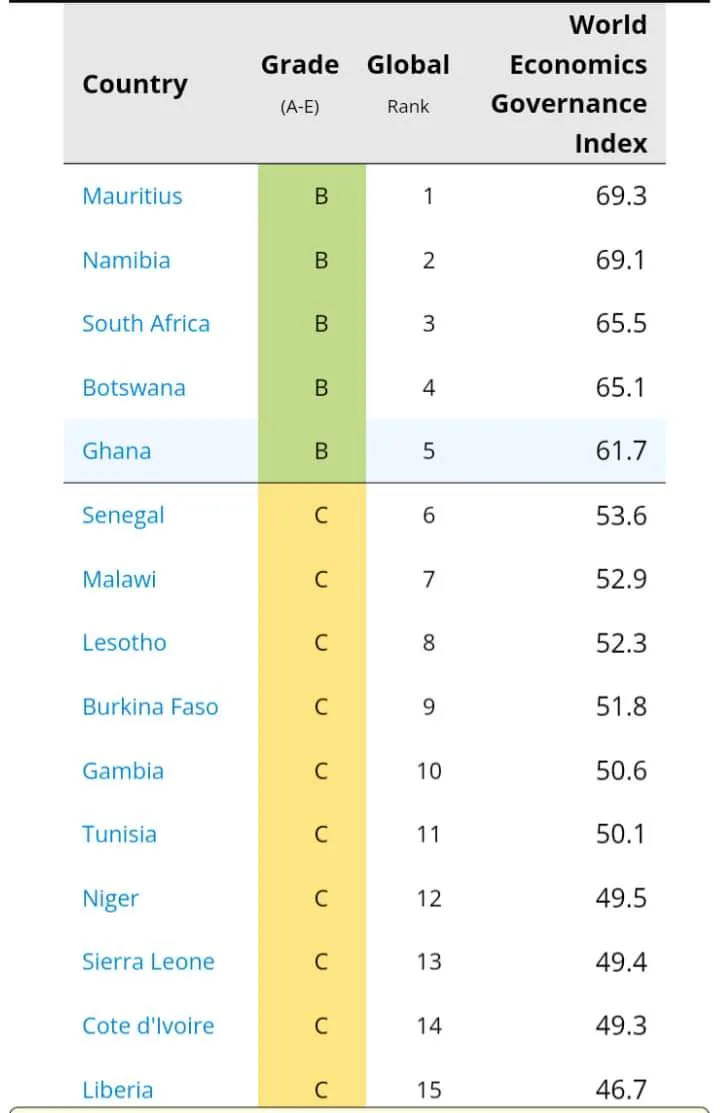



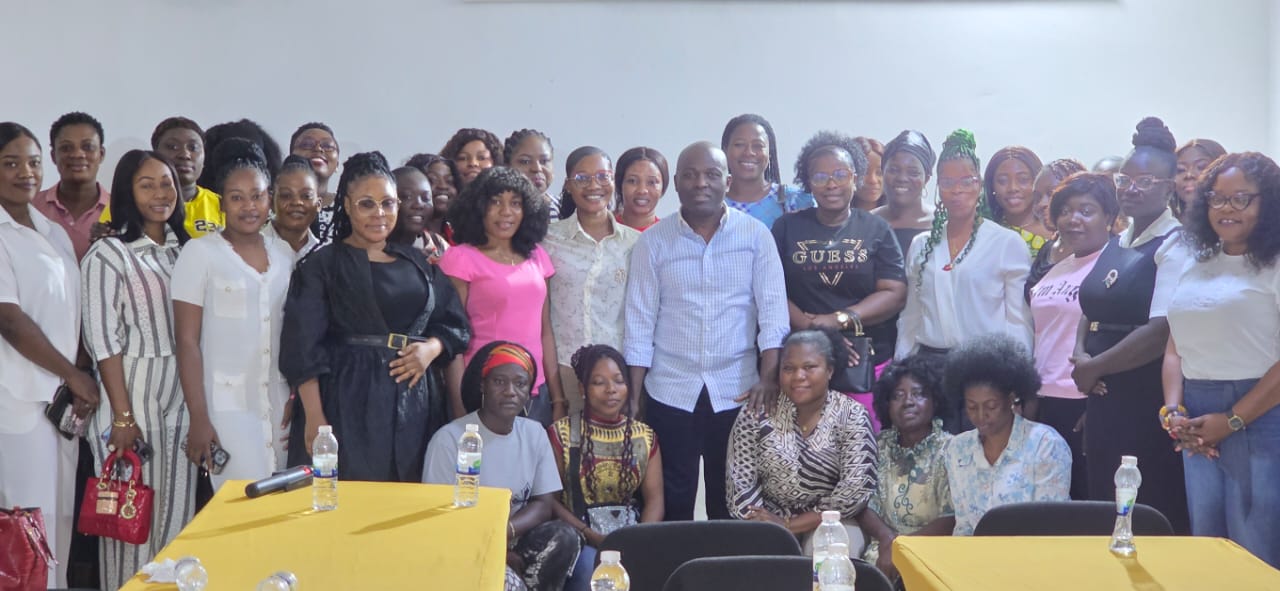



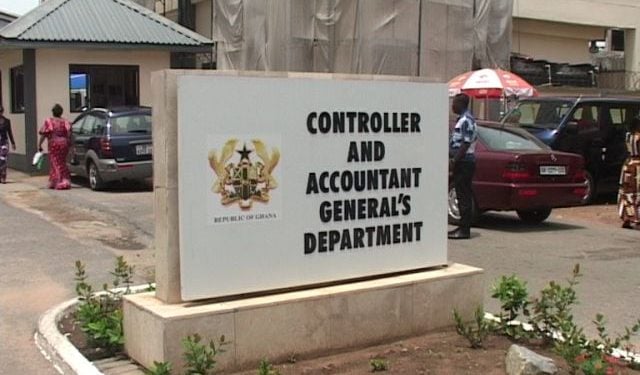
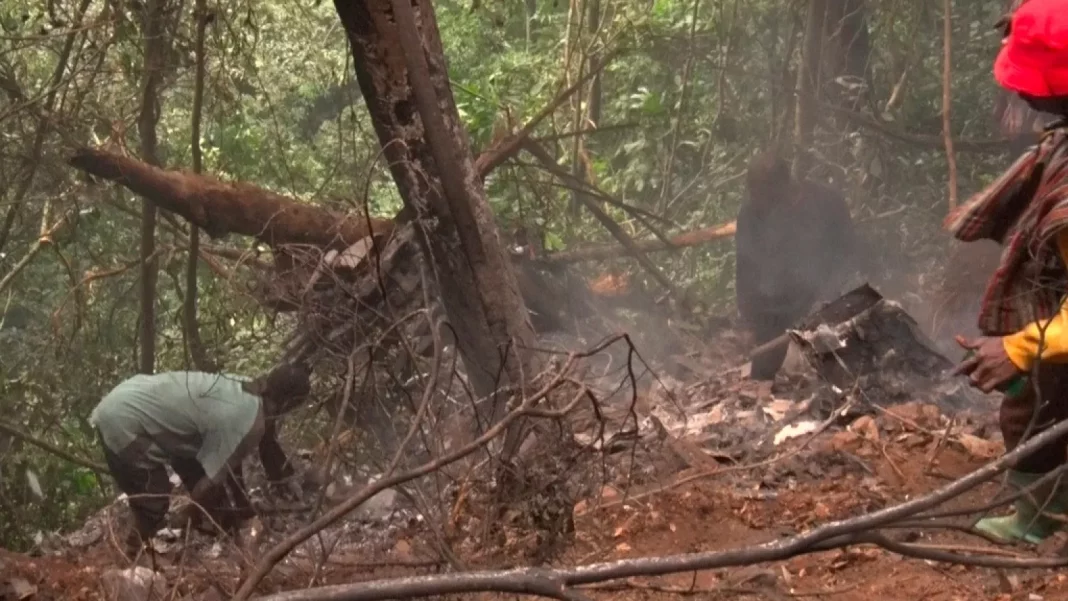

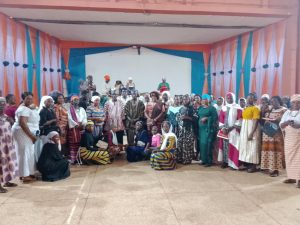

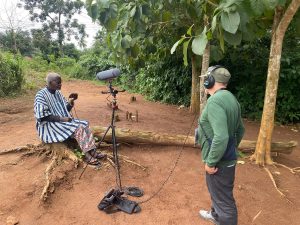
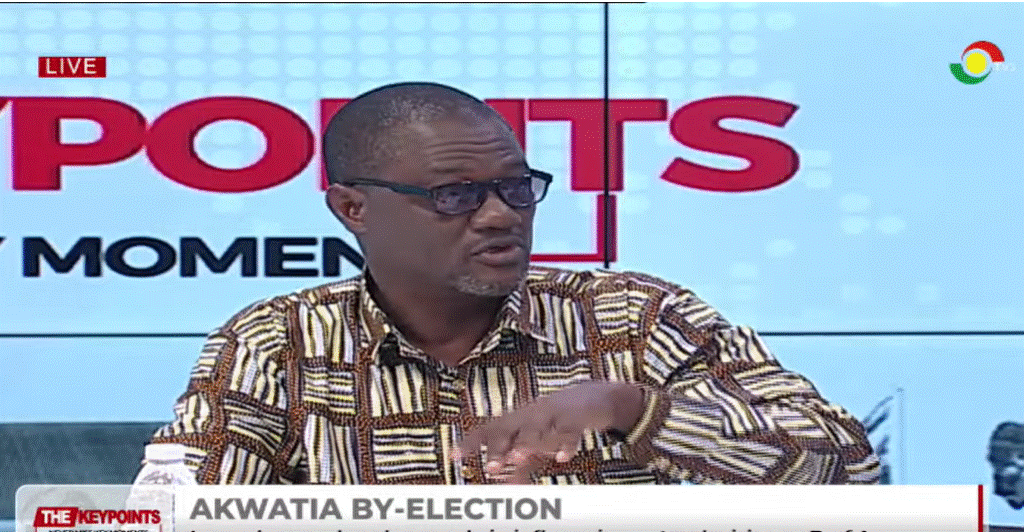
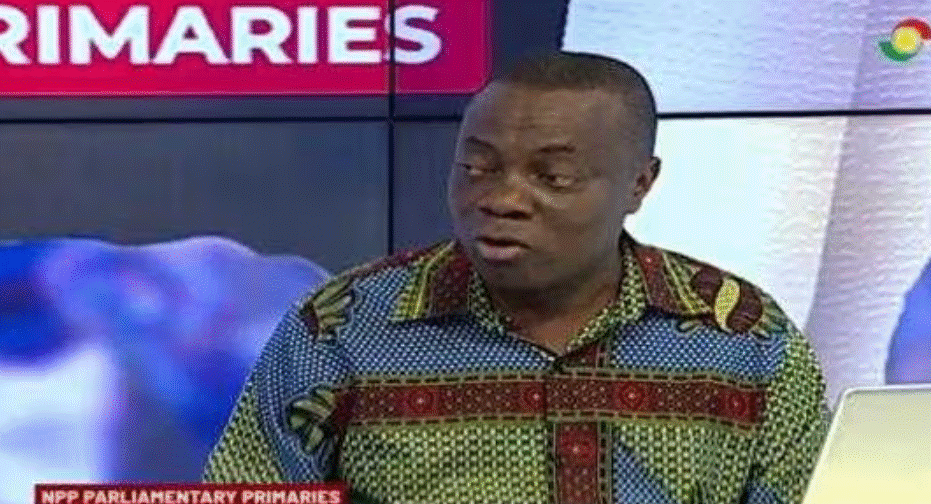


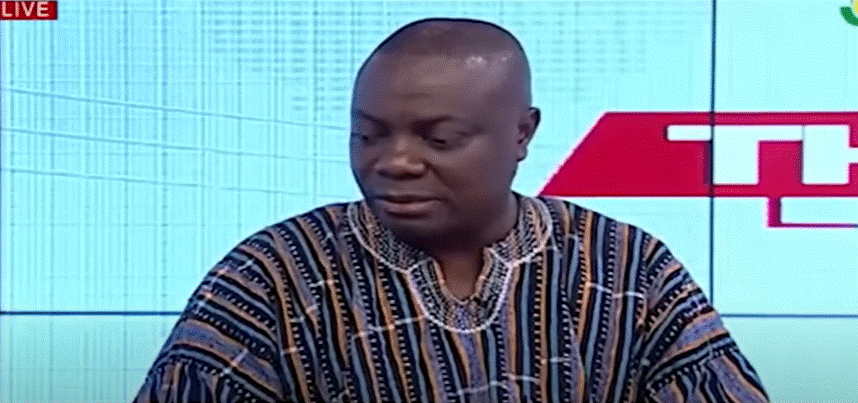
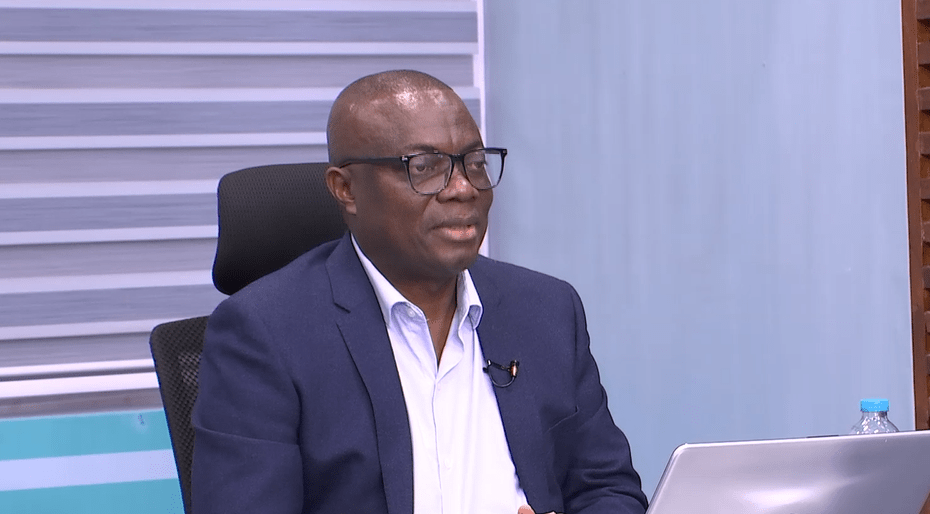
Facebook
Twitter
Pinterest
Instagram
Google+
YouTube
LinkedIn
RSS